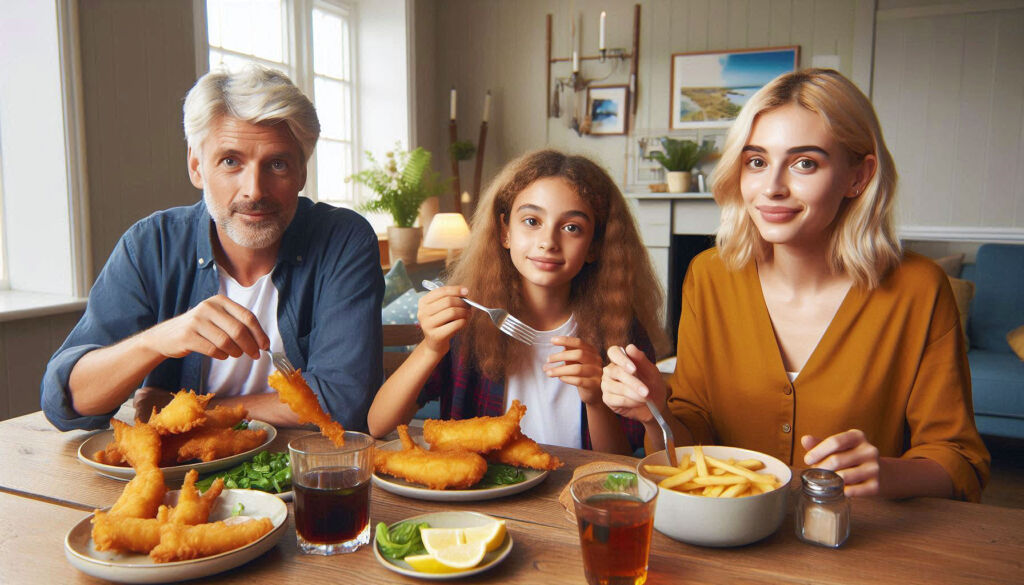
Despite being an island nation, new research from the Marine Stewardship Council has revealed that Brits are creatures of habit. When consuming seafood, many prefer to stick to the “Big Five” fish, which includes cod, salmon, and tuna, causing them to miss out on other delicious and healthy seafood.
The Marine Stewardship Council recently commissioned a survey that reveals that Brits are missing out on many delicious, healthy fish by choosing not to cast a wider net. To highlight how little some know, over half of the people polled (55%) did not know that a John Dory was a fish; more than one in ten (12%) mistakenly thought that the common fish was a famous poet.
Despite more than half saying they love fish and eat it an average of five times a month, 50% of those surveyed for the poll to mark Sustainable Seafood September didn’t know that coley was a wild sea fish. One in ten (10%) thought it was a breed of dog or a type of plant (8%). More than one in twenty (6%) of the poll of 2,000 Brits were even confused about the term “pollock”, saying the only Pollock they knew was the famous American artist, Jackson.
Six per cent also thought hake was a garden tool for clearing up leaves, even though its popularity has dramatically risen over recent years.
Despite a lack of knowledge about the subject, 52 per cent of Brits are self-professed fish LOVERS.
According to the poll results, the “big five” cod (70%), tuna (58%), salmon (53%), haddock (50%), and prawns (46%) remain stalwarts on British dinner tables and are what UK consumers tend to eat most. More than eight in ten (86%) admit they only eat the fish they know rather than trying new types.
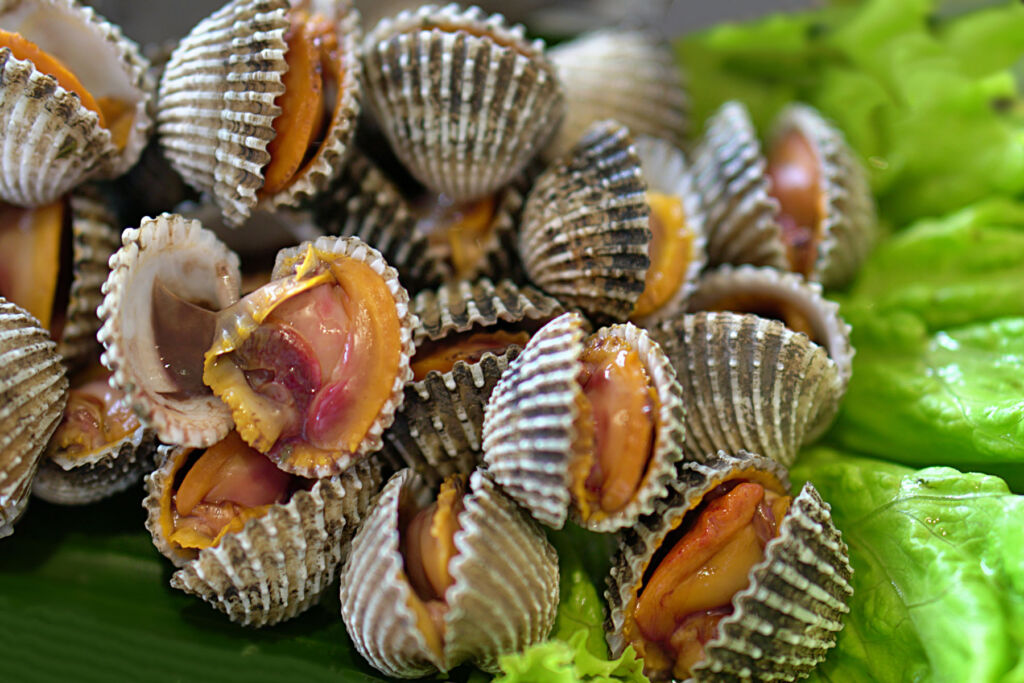
In fact, over half (53%) have never tried red mullet, turbot (51%), or coley (50%), while just under half have never tasted monkfish (46%) or cockles (43%). Only 39 per cent would feel confident cooking a whole fish. Forty-five per cent have never sampled octopus, 37 per cent have never tasted squid, and 36 per cent say they would never dream of trying mussels.
Anchovies (39%), lobster (35%), scallops (34%), hake (33%), crab (25%) and plaice (24%) also made the list of delicacies that have never passed some diners’ lips.
The main reasons we stick to what we know are too many bones (36%), too expensive (29%), not sure they’ll like it (26%), and not knowing how to prepare it (23%).
Shockingly, 43 per cent of Brits admit they will only eat fish if it is in batter or breadcrumbs. Despite this, 79 per cent say they would like to be more adventurous with fish and seafood.
George Clark, MSC UK & Ireland Programme Director, said, “This poll shows a fantastic opportunity for Brits to improve their fish knowledge and seafood skills. Seafood lovers can still enjoy their favourites – cod, haddock, salmon, prawns and tuna – as long as they choose the blue MSC ecolabel when shopping.
But this Sustainable Seafood September, we’re also encouraging people to try something different, particularly the sustainable variety of fish and seafood caught by fishing communities around the UK. When it’s a sustainable choice, there are plenty more fish in the sea—literally!
Sustainable, locally-caught options from around the UK include MSC-certified sardines and hake from Cornwall, coley from Scotland, mussels, crab and scallops from Shetland and cockles from Poole Harbour and Leigh-on-Sea.”
Looking for the blue MSC ecolabel when buying seafood gives shoppers the reassurance they need that the fish comes from a sustainable source with healthy fish stocks and where the wider marine environment is being protected.
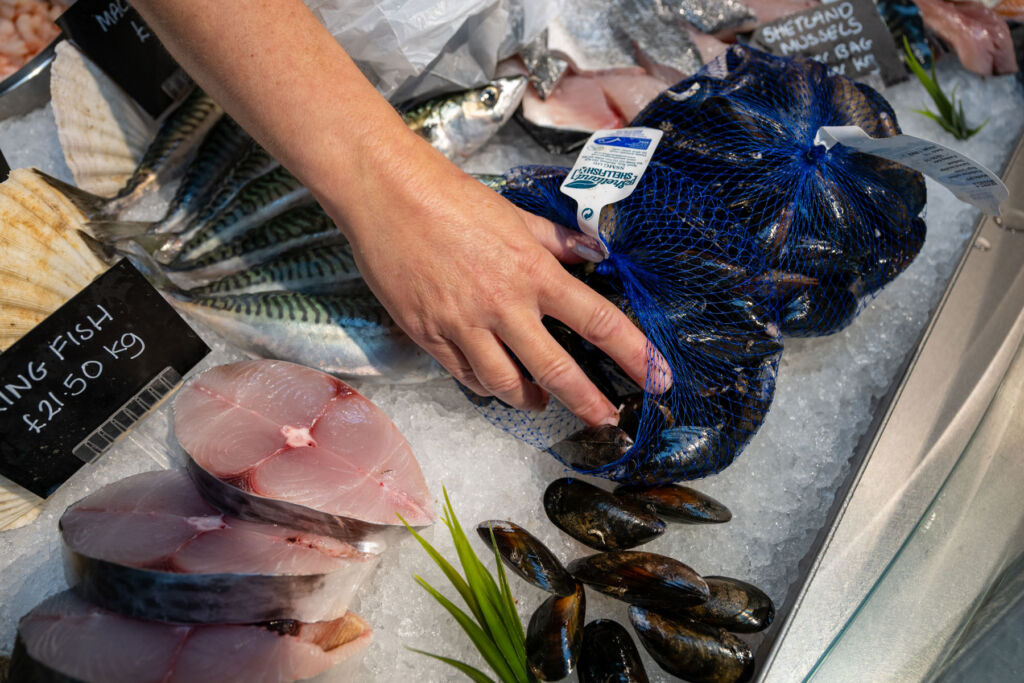 Photograph by Hannah Maule-ffinch for MSC UK.
Photograph by Hannah Maule-ffinch for MSC UK.
James Strawbridge, chef, writer and MSC UK Ambassador, said, “Trying new varieties of fish can sometimes be a little bit daunting, as this research shows. As a chef, I think it’s really important to support the UK public in learning the different types of amazing and delicious fish and seafood species that are out there and gaining the confidence and skills to buy, prepare and cook them. For me, there’s nothing better than pan-frying a fresh hake fillet or barbecuing a wonderful fresh scallop right on the grill.
“We also know that sustainability matters to those shopping for their fish in the UK, luckily, a blue MSC label means you’ve got that covered!”
Regionally, the data also revealed that Bristol is the fish-eating capital of the UK where they eat six portions of fish or seafood a month, compared to Stoke-on-Trent where they eat just four.
Other MSC research, conducted by GlobeScan Consultancy, shows that 45 per cent of UK shoppers are changing their diets because of environmental reasons while 29 per cent of UK consumers said they would eat more seafood in future if they knew it wasn’t causing harm to the ocean.
FISH BRITS HAVE NEVER TRIED
Hoki – 62%
Ling – 62%
Red gurnard – 62%
Razor clams – 62%
Coalfish – 61%
John Dory – 60%
Cuttlefish – 59%
Dab- 59%
Brill – 57%
Tilapia – 57%
Whelk – 56%
Flounder – 56%
Sprat – 54%
Red mullet – 53%
Smelt -52%
Turbot – 51%
Coley – 50%
Clams – 48%
Monkfish – 46%
Octopus – 45%
Whiting – 44%
Sea bream – 43%
Cockles – 43%
Dover sole – 40%
Halibut – 40%
This research of 2,000 Britons was commissioned by MSC and conducted by Perspectus Global in August 2024.
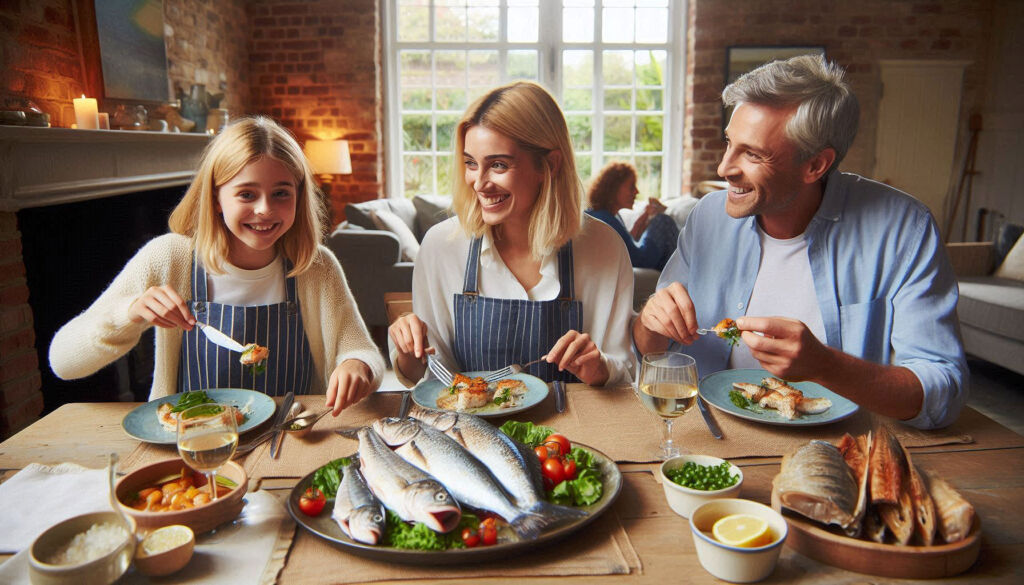
![]()

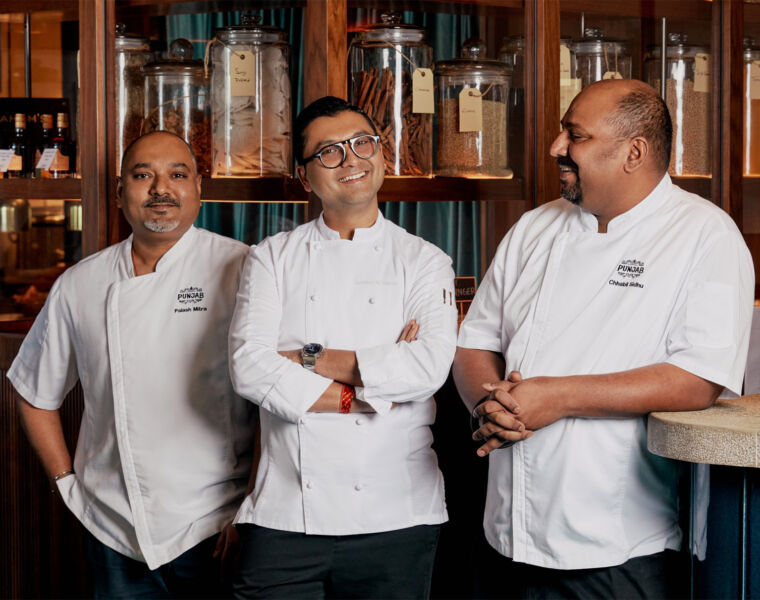

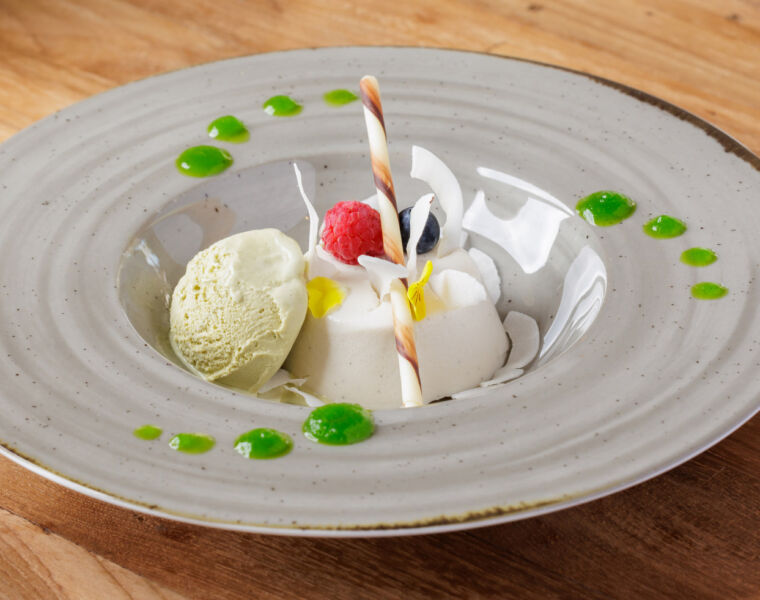
You must be logged in to post a comment.